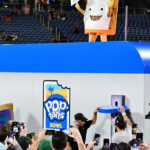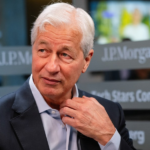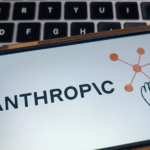Hinge CEO Justin McLeod took this to mean Zuckerberg believes AI chatbots can become your friends.
“It will displace the human relationships that people should be cultivating out in the real world,” McLeod continued.
When asked for a reaction in response to McLeod’s comments, a Meta spokesperson pointed Fortune to other comments Zuckerberg had made about AI being used in personal life. One such use case is AI being used to talk through difficult conversations they need to have with people in their life, Zuckerberg said in an interview with podcaster Dwarkesh Patel.
“But the average person wants more connectivity [and] connection than they have. So there’s a lot of questions that people ask of stuff like, okay, is this going to replace in-person connections or real life connections?” Zuckerberg questioned. “And my default is that the answer to that is probably no.”
“We want to continue at Hinge to champion human relationships, real human-to-human-in-real-life relationships, because I think they are an essential part of the human experience, and they’re essential to our mental health,” McLeod said.
“They’re not experts, and we know that generative AI has a tendency to conflate information and make things up when it doesn’t know,” Vaile Wright, a licensed psychologist and senior director for the American Psychological Association’s office of health care innovation, told Fortune’s Marco Quiroz-Gutierrez. “So I think that, for us, is most certainly the number one concern.”









